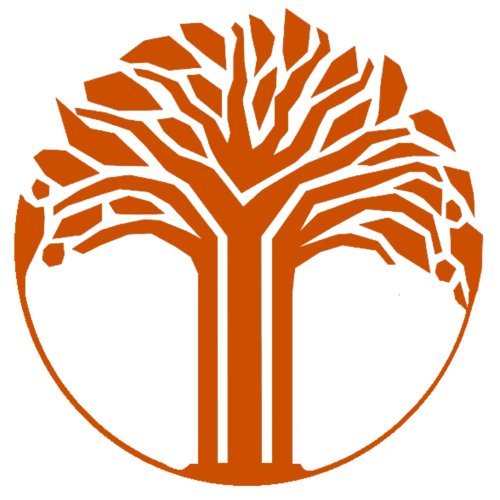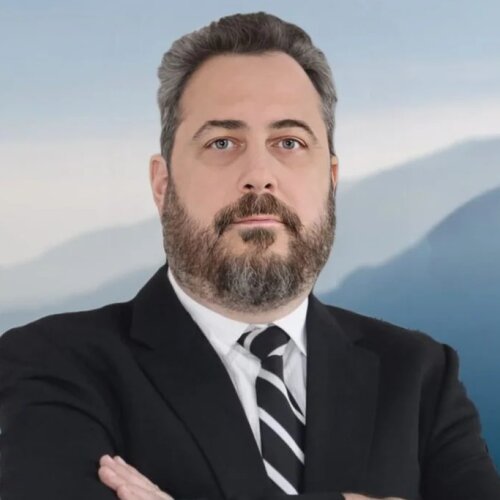Best General Litigation Lawyers in São Paulo
Share your needs with us, get contacted by law firms.
Free. Takes 2 min.
List of the best lawyers in São Paulo, Brazil
About Litigation Law in São Paulo, Brazil
Litigation in São Paulo, Brazil, involves the legal process of resolving disputes between parties within the jurisdiction's legal framework. The city houses a dynamic legal landscape given its economic importance, making it a hub for business and civil litigations. São Paulo's legal system is based on civil law, which emphasizes written codes and statutes. Litigation cases here may encompass a range of issues including commercial, financial, real estate, labor disputes, and more. The efficiency of the judiciary and the complexity of cases require skilled legal practitioners to navigate the intricacies of Brazilian law effectively.
Why You May Need a Lawyer
There are numerous scenarios where legal help in litigation is indispensable. These might include contractual disputes where terms have been violated, labor disputes between employers and employees, personal injury claims, divorce and family-related disputes, consumer rights issues, and conflicts involving property or real estate. Moreover, the corporate sector may seek litigation lawyers for disputes that involve trade, intellectual property, mergers and acquisitions, or securities. Seeking expert legal advice ensures that your case is presented effectively and that your rights are safeguarded under the law.
Local Laws Overview
São Paulo operates under Brazilian federal law along with specific state legislation. Key aspects relevant to litigation include:
- Civil Procedure Code: Governs the proceedings for civil lawsuits, crucial for understanding how cases are managed in court.
- Consumer Protection Code: Essential for disputes regarding consumer rights, ensuring protection for consumers against abuses.
- Labor Laws: Complex labor legislation handles disputes arising from employment relationships, crucial in a heavily industrialized state like São Paulo.
- Business Laws: These include regulations on companies, tax law, and contract law, fundamental for resolving commercial disputes.
Understanding these laws deeply is vital for effective legal action and in many cases, professional assistance is recommended to navigate them properly.
Frequently Asked Questions
What are the different types of litigation?
Litigation can be civil, labor, commercial, or criminal. In São Paulo, civil and labor litigations are the most common.
How long does a typical litigation process take in São Paulo?
The duration can vary greatly depending on the complexity and nature of the case. It could range from a few months to several years.
Is it mandatory to have a lawyer for litigation?
While individuals can represent themselves, it is advisable to have a lawyer due to the complexity of legal proceedings and to improve the chances of a favorable outcome.
What are the costs involved in hiring a litigation lawyer?
Costs can vary based on the complexity of the case, the reputation of the law firm, and the duration of services needed. It usually includes attorney fees, court fees, and other legal expenses.
Can litigation be avoided altogether?
Yes, through dispute resolution techniques such as mediation or arbitration which are often more cost-effective and quicker than traditional litigation.
What role does the judge play in civil litigation?
The judge oversees the litigation process, ensures fair conduct, rules on motions, and ultimately makes a decision or judgment.
What is an appeal and how does it work in São Paulo?
An appeal allows a party to contest a court decision in a higher court. It involves reviewing the legal basis of the original decision rather than submitting new evidence.
How is evidence handled in litigation?
Evidence is rigorously analyzed and must be presented according to strict procedural rules outlined by the Civil Procedure Code.
Can litigation be reopened after a decision is made?
In certain cases, it can be challenged or reopened if new evidence surfaces or if there was a legal error in the decision-making process.
How are international elements dealt with in São Paulo litigation?
Cases with international elements involve additional complexities and may require compliance with international treaties and Brazilian law.
Additional Resources
For those seeking legal assistance, the following resources may be helpful:
- São Paulo Bar Association (OAB-SP): Provides resources and guidance for finding qualified lawyers.
- Consumer Defense Bodies (PROCON): Can assist with resolving consumer rights disputes.
- Lawsuit Information Centers: Located in various forums that provide information on ongoing legal proceedings.
- São Paulo Judiciary's Website: Offers public access to processes and a broad range of case-related information.
Next Steps
If you need legal assistance in litigation, consider the following steps:
- Research: Understand the basics of your legal issue and gather all relevant documentation.
- Consult a Lawyer: Seek out a lawyer with experience in litigation relevant to your case type. The OAB-SP is a good starting point.
- Assess Your Options: Work with your lawyer to determine the best course of action, be it pursuing litigation or exploring alternative dispute resolutions.
- Proceed with Case Management: Once a strategy is in place, make sure you're actively involved in the process and comply with all legal advisories from your counsel.
Lawzana helps you find the best lawyers and law firms in São Paulo through a curated and pre-screened list of qualified legal professionals. Our platform offers rankings and detailed profiles of attorneys and law firms, allowing you to compare based on practice areas, including General Litigation, experience, and client feedback.
Each profile includes a description of the firm's areas of practice, client reviews, team members and partners, year of establishment, spoken languages, office locations, contact information, social media presence, and any published articles or resources. Most firms on our platform speak English and are experienced in both local and international legal matters.
Get a quote from top-rated law firms in São Paulo, Brazil — quickly, securely, and without unnecessary hassle.
Disclaimer:
The information provided on this page is for general informational purposes only and does not constitute legal advice. While we strive to ensure the accuracy and relevance of the content, legal information may change over time, and interpretations of the law can vary. You should always consult with a qualified legal professional for advice specific to your situation.
We disclaim all liability for actions taken or not taken based on the content of this page. If you believe any information is incorrect or outdated, please contact us, and we will review and update it where appropriate.

















